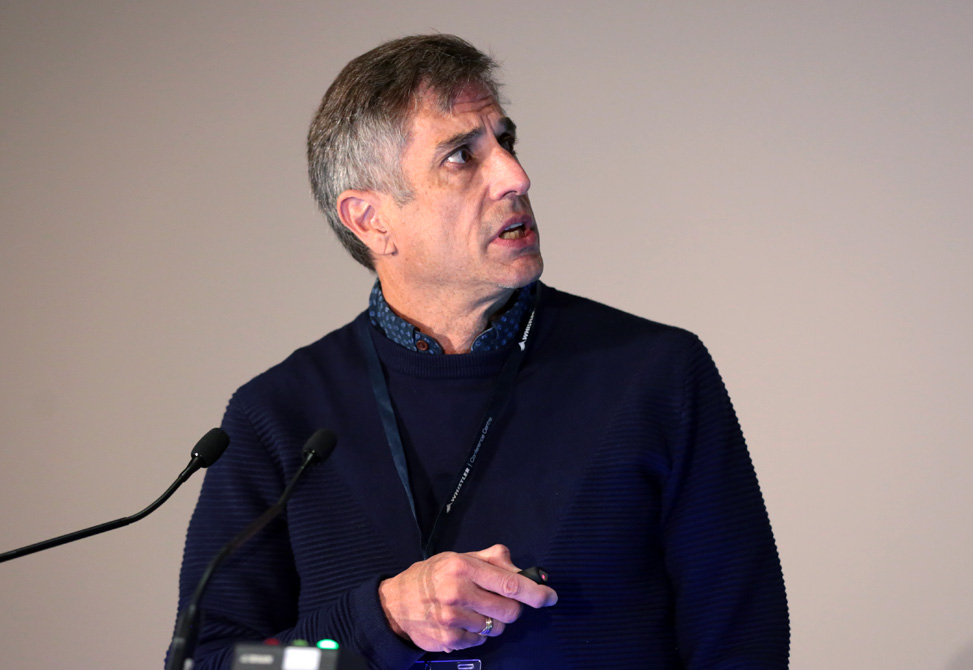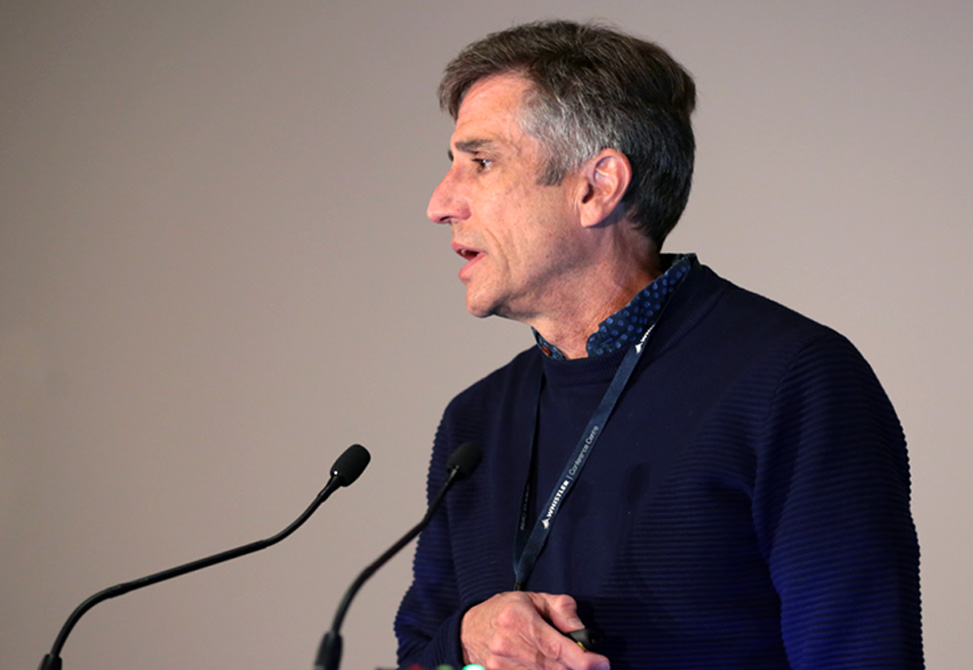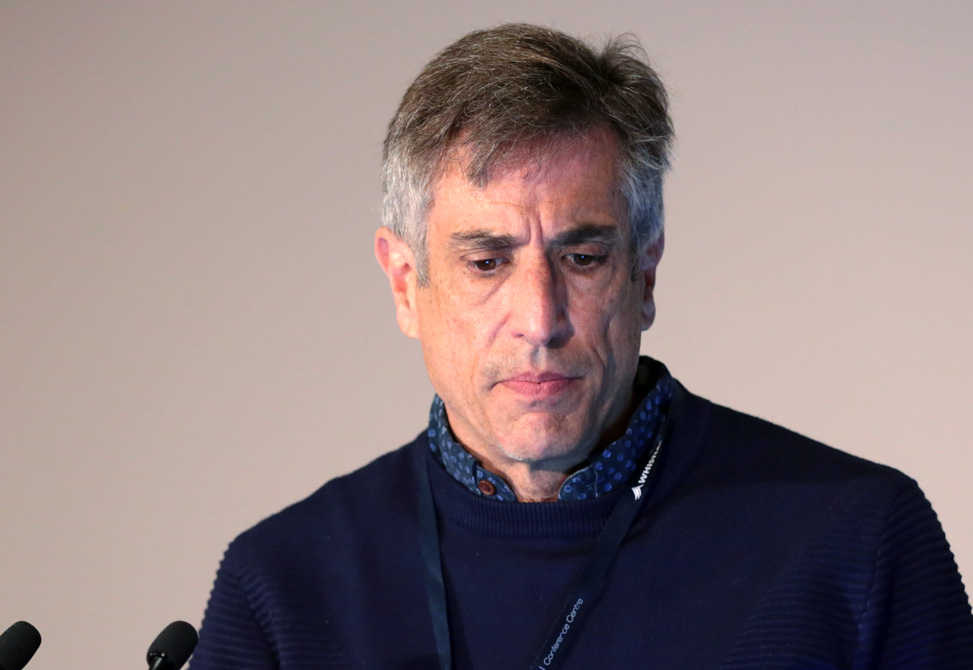Carsten Wagner
University of Minnesota
Talk Session: SESSION 8: PEPTIDE- AND PROTEIN-BASED THERAPEUTICS
Date: Tuesday, June 14, 2022
Talk Time: 09:00 am - 09:25 am
Talk Title: Macromolecular Chemical Biology: Engineering Cell-Cell Interactions and Communication with Chemically Self-Assembled Nanorings
The Wagner Lab seeks to apply the principles of organic chemistry, enzymology analytical chemistry, molecular & cellular biology, biophysics and nanotechnology to the development of new methods for drug design and delivery, chemically engineered cellular therapies and tissue engineering. The laboratories primary therapeutic focus has been on the development of new anti-cancer and antiviral therapies, as well as novel non-opioid pain medications.
Fundamentally, we are interested in understanding and applying the principles of enzyme catalysis and macromolecular and cellular interactions. Our hope is that by creatively applying our expanding knowledge of these areas, we will continue to impact the design of future more selective and powerful medicines.
As the basic structural and functional module of the human body, cells play essential roles in almost every aspect of physiological or pathological processes. The role of cell function in maintaining tissue homeostasis is closely associated with organism health. Thus, the manipulation of cell function and cell-cell interactions that are disease related has become a target for therapeutic development.
Small-molecule therapeutic agents have achieved significant success in tuning cell function, primarily by interfering with intracellular protein function. Nevertheless, over the last three decades, there has been a rapid rise in the manipulation of cell behavior by targeting extracellular receptors and ligands with macromolecules. Genetic based methods have been developed that alter the natural expression of both ligands and receptors with considerable success, such as chimeric antigen receptors. Nevertheless, these methods can be time consuming to implement, difficult to control and not necessarily applicable to all cells. To address these issues a variety of macromolecular approaches, from modified antibodies to nanoparticles, have been designed and used to direct and redirect cell-cell interactions.
Over the past few years, our group has designed, prepared and evaluated the ability of chemically self assembled nanorings, CSANs, to be deployed for the non-genetic engineering of cell-cell interactions and communication.
This seminar will cover our progress in this area, as well as potential therapeutic applications.






